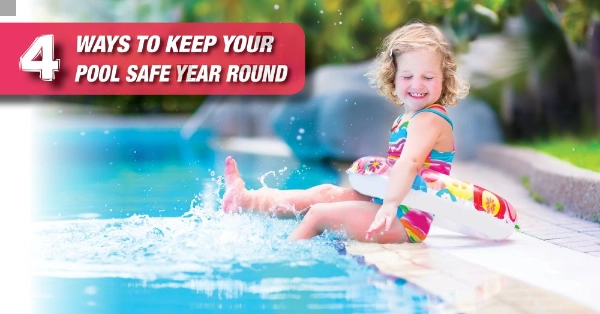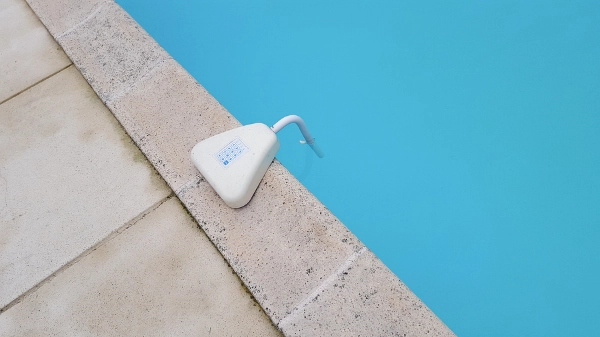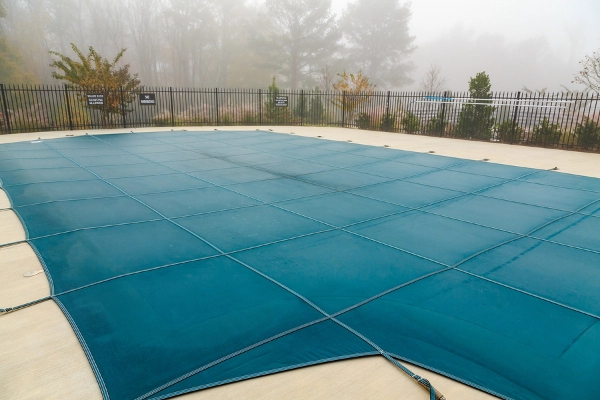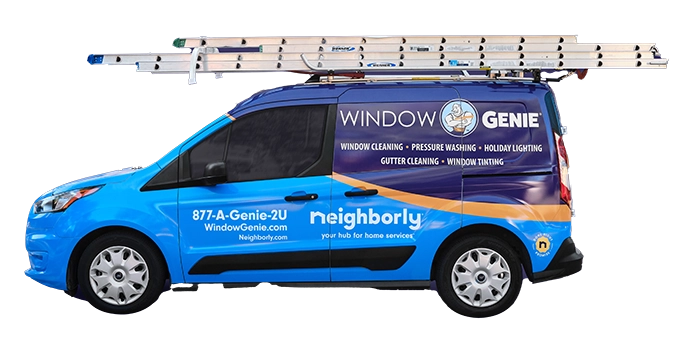
The summer is slowly starting to wind down and pools will soon be closing, unless you are fortunate to live in a warm climate. Even though the splashing might be ending, the upkeep has just begun. Anyone who owns a swimming pool knows that it is a year-round responsibility. The off season is a great time to install or revisit safety issues. There are a lot common sense safety tips out there, but here are some that are outside the box.

Pool Alarm
There are several different alarms you could choose from. Everything from gate alarms to motion detector alarms. Some alarms have obvious drawbacks. A motion detector alarm placed on a fence or wall might not be the answer. An animal wanders into your backyard and now you’ve received an unexpected wake up call. An underwater motion alarm won’t give you a false alarm and they are easy to use. These alarms are always activated in the pool, so there is no way for a child to sneak or fall into the water without an alarm sounding. Floating motion sensors can offer the same protection, but can be tripped by strong winds.
Salt Water Chlorination
One of the most annoying things about owning a pool is the chemicals. It’s a balance beam of too much versus too little every pool owner has to walk. This difficult task is slowly being replaced by salt water chlorination systems. Salt chlorine generators do cost a good bit of money. The average system is anywhere between $800-$2000 installed. Swimming pool owners that use salt, in many cases, will spend less than $100 a year on chemicals, so the savings can add up and it pays for itself over time. There are no issues with hair turning green or burning eyes. Salt water pools make for the ultimate low maintenance swimming pool experience. Just check the water once a week to make sure the system is producing natural chlorine. Beyond that, there is very little one needs to do.
Slip Resistant Sealer
A porous concrete surface can be slippery when wet, but decorative concrete treated with a color hardener or sealer can be especially slick because water tends to bead-up on the surface. A slip resistant sealer creates a microscopic abrasion to gently increase the coefficient of friction. Experts say that the best material to use for this purpose is a grit made from ground up polyethylene. The advantages of the plastic grit are that it is nearly transparent and that it is so light it stays suspended throughout the sealer. This allows new grit to be exposed as the sealer wears.

Pool Cover You Can Walk On
Keeping your pool covered when you’re not in it can not only help keep it clean, but much safer. Most people think of a pool cover as a way to protect the water or keep dirt out. An ASTM approved pool cover could also keep you and your guests safe. Walk-on pool covers are basically of two different types: hard walk-on covers and mesh walk-on covers. Hard covers have a center drain or a cover pump. Hard covers are designed to prevent accumulation of water. Covers with a pump are designed to automatically clear away excess water from the surface. Many mesh walk-on pool covers appear to be unsafe, but the fact is that many of such models are designed and manufactured to be much safer than the previous type. High quality mesh covers can easily withstand over a thousand pounds.
